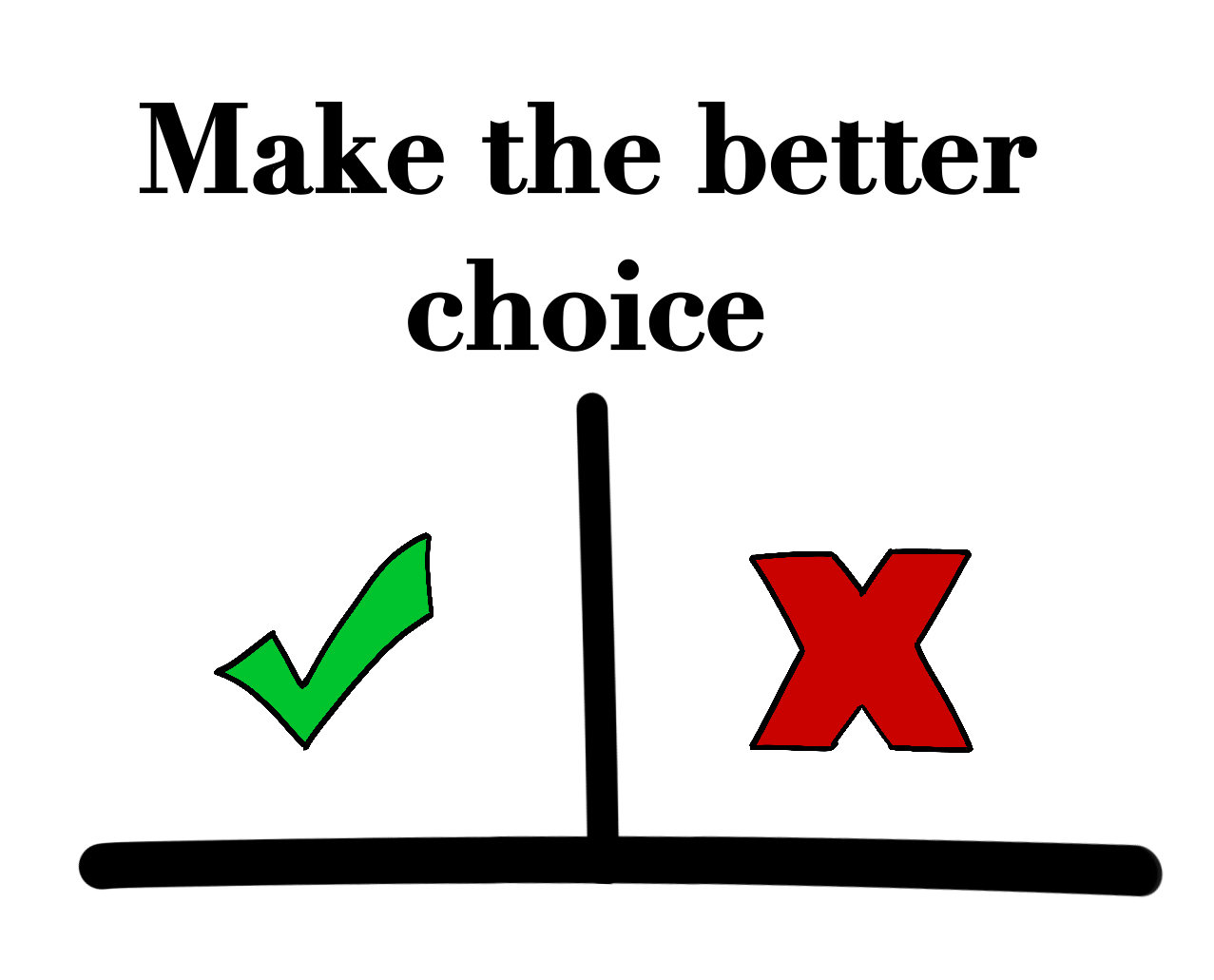

Sylvia wrote:
I'm so glad! I love this story so much and think about it often. It's one of my very favorite things that you have written. It makes big changes seem within reach over time. And the time can begin now with the very next breath.
We talked about replacing dishes, or benches, or lanterns, as better ones were found, and not try to replace everything at once.
I suggested that when he got a new tent, if his choices were nylon or canvas, to get canvas; if the choice was brown or orange, choose brown. "Always make the more medieval choice," I said.
I went back to my own camp and shared this idea with Keith and my friend Jeff (who were in that context Gunwaldt and Artan), and it was passed on to all my husband's squires and my students from then on.
Meanwhile, back in my regular life, I had two more children and as they started making their own choices, the idea of making the better choice was a good tool. I added to that the idea that until one has thought of at least two options, it's impossible to make a choice.
The concept has been helpful with unschooling and with mindful parenting, and first came forth in that area of thought in August 2002, at the HSC conference when Richard Prystowsky and I did a joint talk called "Peaceful Parenting." I recommended that people think of two things to do and make the more peaceful choice.
Although this tool is useful in the moment, its best use is for incremental change. If my best choice used to be to yell or hit, and I yelled, then the next time I thought about it, hitting wasn't even going to begin to be one of my choices. Would I yell or wait? Or yell or speak quietly? Yell or leave the room? Maybe leave out the yelling, and choose between "speak quietly" or "breathe before speaking."
Some critics of this advice say children will never decide if they have unlimited choices. No one has "unlimited choices," but compared to children in traditional culture, a parent has a huge range of choices. More often than not they don't choose, because they don't even stop to think. They just react in familiar ways, thoughtlessly. They do the first thing they think of and say "I had to do that, because___" and they fill in the blank with something justifiable. It's not mindful parenting.
A person can choose to have choices. A person can choose not to choose; still a choice, but they think of it as "no choice" or "have to."
Keith and Kirby in those days (as Gunwaldt and Magnus)
Parenting Peacefully

More on Choices

Stories of change

Problems with thinking "have to"
Title art by Devyn Dodd, 2024